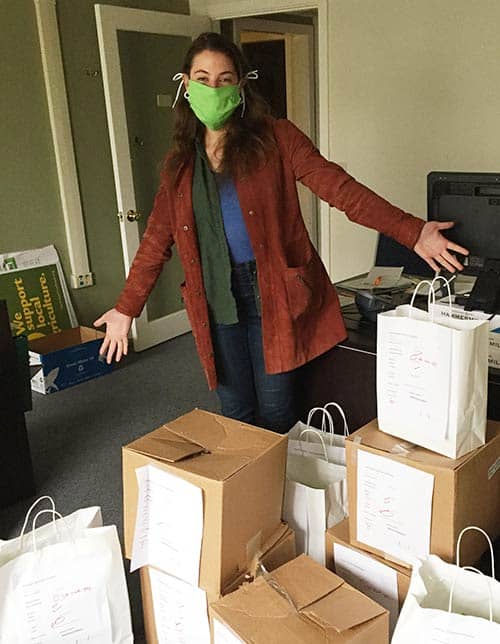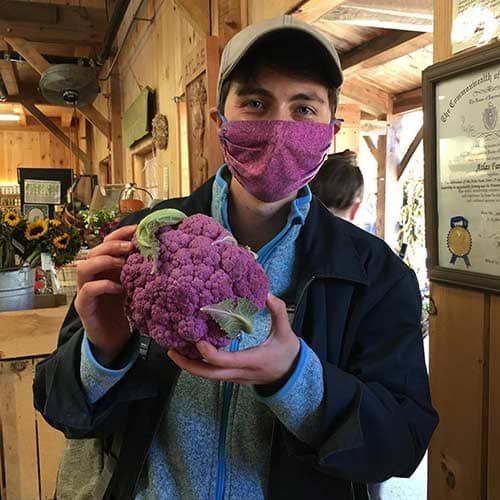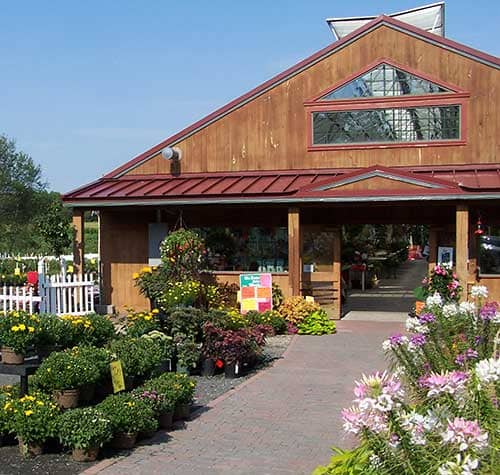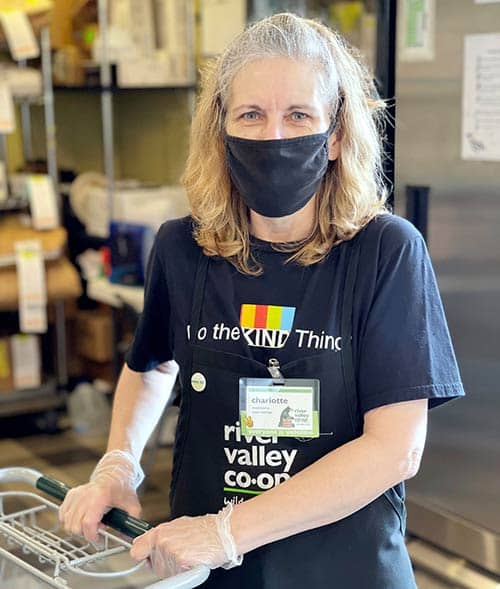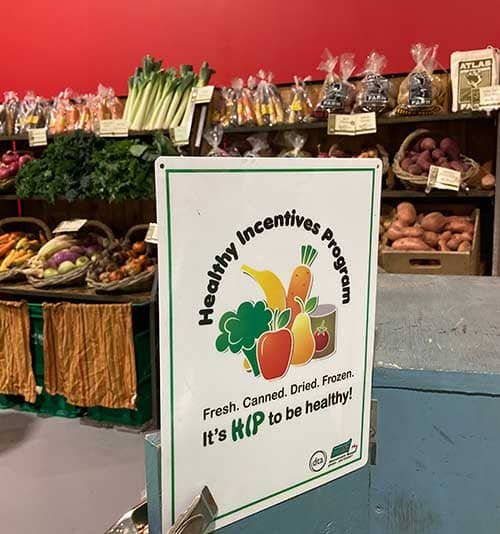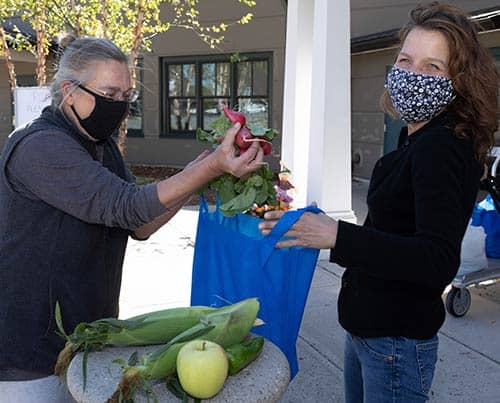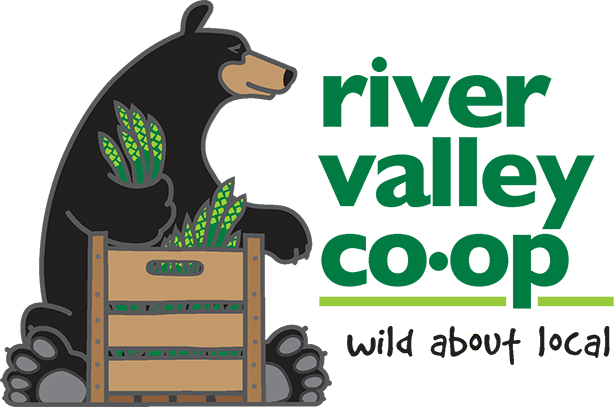Responding to a Year of Crisis
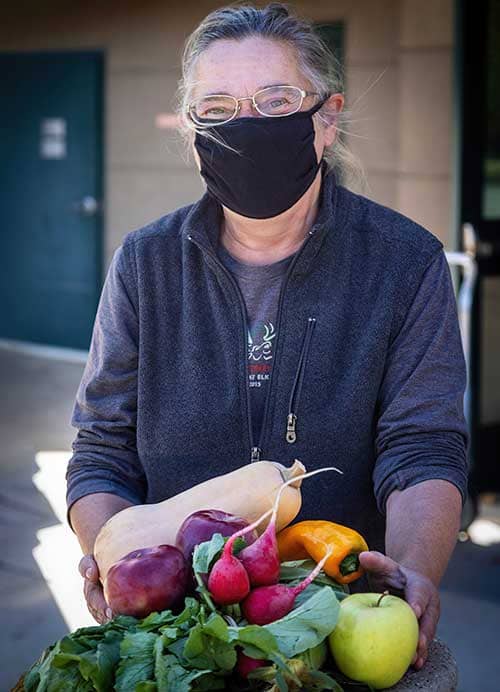 Holyoke Senior Center Paul Shoul photo
Holyoke Senior Center Paul Shoul photo 2020 was a year of loss, worry, and intense work for everyone on the planet, though clearly not in equal doses. And yet locally, hope was served up daily as local farms and other food businesses, and the essential workers who propel them, responded heroically to keep our communities fed.
When the pandemic hit in March 2020, the growing season had only just begun for most local farms. Some farms suffered immediate losses to their sales, as winter farmers’ markets, restaurants, and schools were forced to close abruptly, and weddings and other public events were cancelled. Other farms were only just filling up their greenhouses in anticipation of the summer months.
As we all moved from shock to response, it became clear that the crisis required challenging adaptations, and that farmers would have to make vital decisions even as the available information was changing rapidly.
At CISA, we were right there with farms and other Local Hero businesses. We helped them parse mountains of complex and rapidly-changing regulations, raised funds and provided emergency farm loans, helped farms submit grants for state emergency funds, and hustled to ensure access to current information for consumers on over 350 farms, restaurants, and other businesses.
As hunger rates skyrocketed in the state, we worked to expand access to SNAP and HIP, and to develop deeper relationships with partners that are focused on food justice. As essential workers, including farmworkers, faced daily risk to make food available to our communities, we advocated successfully for COVID-19 testing and distributed PPE to farms. And as we move into 2021, we have been advocating to make vaccines accessible to those who grow and harvest our food.
The pandemic has revealed deep flaws in our national food system and how it is woven with the threads of racism and income inequality. Those threads are also embedded in our local food system. The pandemic has thrown these inequities into sharp relief, and deepened our resolve to create a local food system that empowers and feeds us all. This change is only possible with the involvement and support of our donors, members, partners, and businesses supporters—we can't do this work without you!
Respectfully yours,


Philip Korman
Executive Director


Al Griggs
CISA Board President

